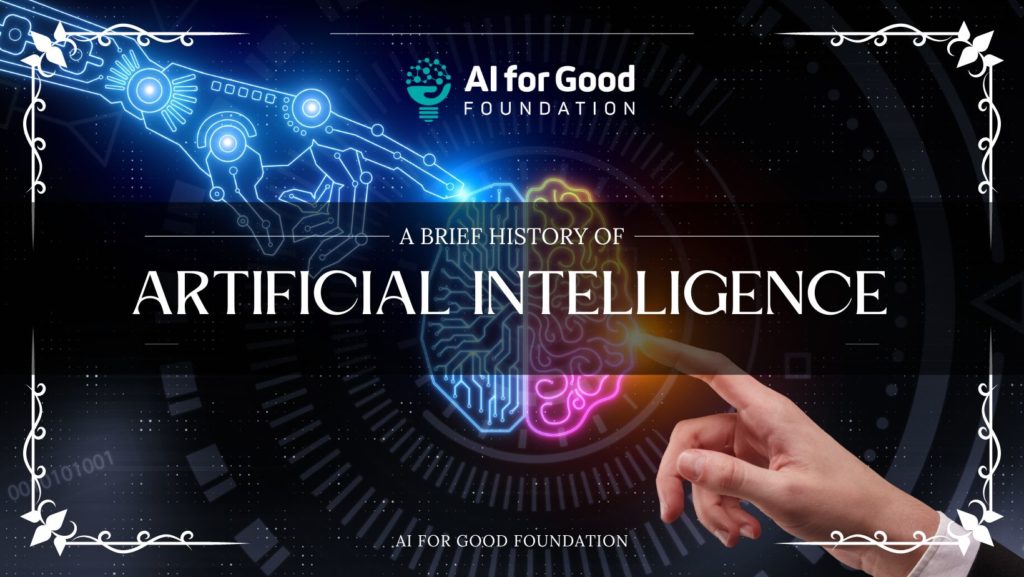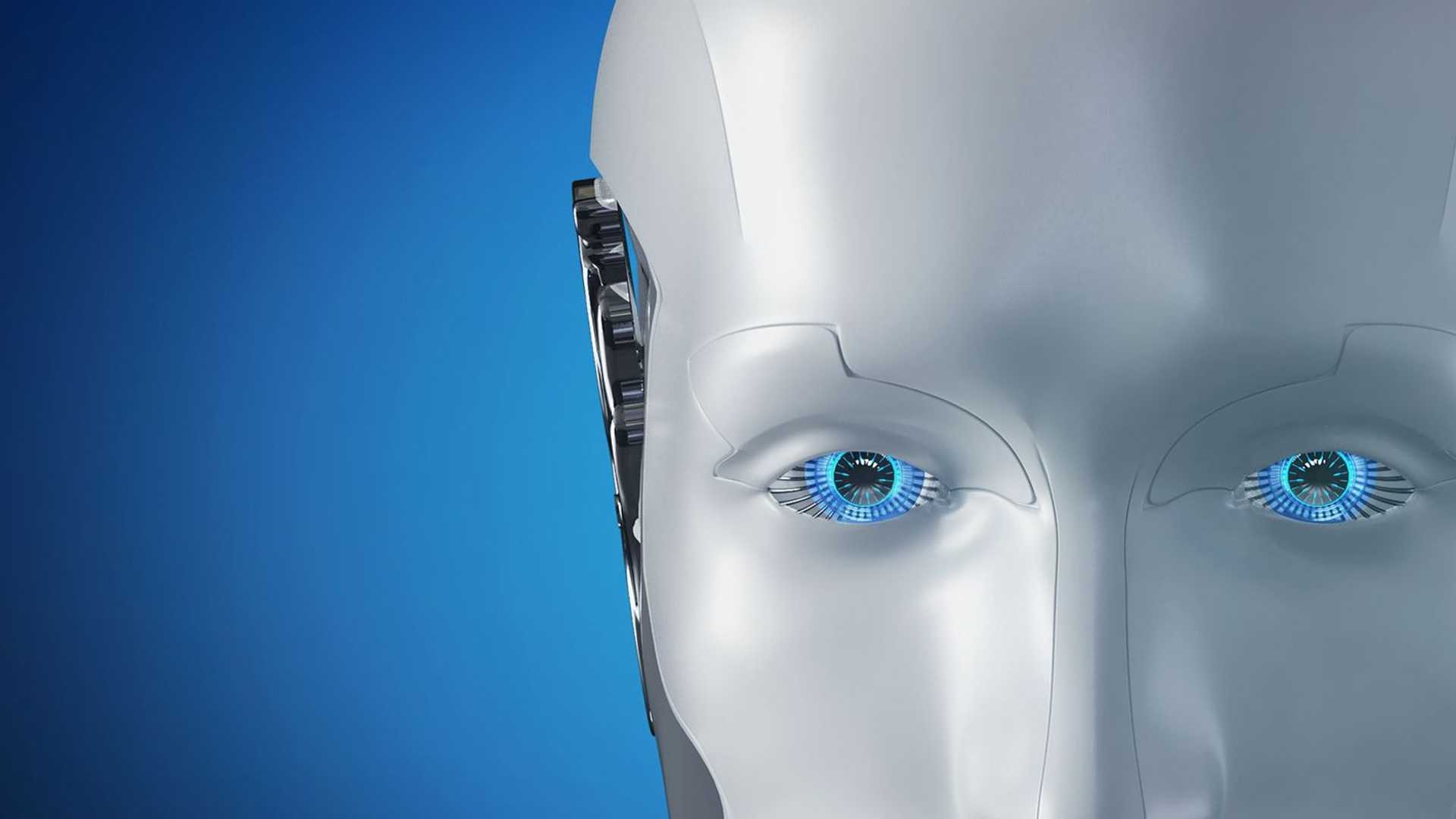Kazuo Ishiguro on AI Manipulating Emotions
According to Japanese-British author Kazuo Ishiguro, AI is on the brink of becoming adept at manipulating emotions. Ishiguro expresses concerns about the potential for AI to understand and evoke specific emotions in people, such as anger, sadness, and laughter. He highlights the ethical implications of using this capability for purposes like influencing political outcomes or marketing pharmaceuticals.

Ishiguro reflects on how his storytelling, which often focuses on evoking emotional responses from readers, has been recognized more than his literary style or social commentary. He contemplates the unsettling nature of AI's ability to elicit emotions and questions the nature of recognition and awards, such as the Nobel Prize, in relation to emotional impact.
Yuval Noah Harari on the Duality of Information Technology
Historian Yuval Noah Harari discusses the dual nature of information technology throughout history. He points out that technological advancements, from writing to the telegraph, have brought about both positive and negative consequences. Harari warns about the potential dangers of counterfeit humans, such as social media bots, and advocates for regulations to distinguish between AI and human interactions.

Johnny Gabriele on Technological Leaps and Wealth Inequality
Johnny Gabriele, head analyst of blockchain economics and AI integration at The Lifted Initiative, reflects on the historical impact of technological advancements on wealth distribution. He emphasizes the transformative potential of cryptocurrency in addressing wealth inequality and speculates on the societal implications of widespread adoption of advanced technologies like AI.
Mythological Insights into Artificial Intelligence
In Greek mythology, Hephaestus, the god of invention and blacksmithing, is credited with creating early precursors to AI entities. These creations included Talos, a giant bronze man infused with divine life force, and Pandora, known for her infamous jar. Hephaestus' mythological inventions parallel the concept of artificial beings imbued with knowledge and power.
Foundations of Artificial Intelligence
The term "artificial intelligence" was coined by the "Father of Artificial Intelligence," John McCarthy, in collaboration with Marvin Minsky and Claude Shannon. They defined AI as the science and engineering of creating intelligent machines, laying the groundwork for the field's development.

Allen Newell, J.C. Shaw, and Herbert Simon further advanced AI with the creation of Logic Theorist, the first AI program aimed at simulating human problem-solving abilities. Additionally, Frank Rosenblatt's Perceptron marked a significant milestone in AI history, despite initial skepticism.
The AI Project founded by McCarthy and Minsky at the Massachusetts Institute of Technology paved the way for groundbreaking research in AI applications, leading to the establishment of the Computer Science & Artificial Intelligence Laboratory.
Evolution of AI Programming Languages
Developed at the Massachusetts Institute of Technology, LISP emerged as a prominent programming language for AI due to its foundation on recursive functions. LISP's unique approach to data processing distinguished it from traditional procedural languages like FORTRAN and ALGOL, making it a preferred choice for AI programming.
The creation of ELIZA, a pioneering natural language conversation program, illustrated early attempts to simulate human-like interactions through AI technology. ELIZA's role as a chatbot modeled after a psychotherapist showcased the potential for AI to engage in meaningful dialogues with users.




















